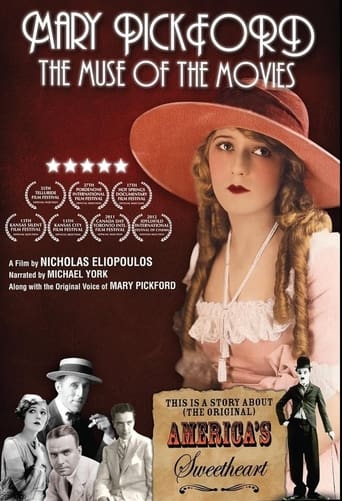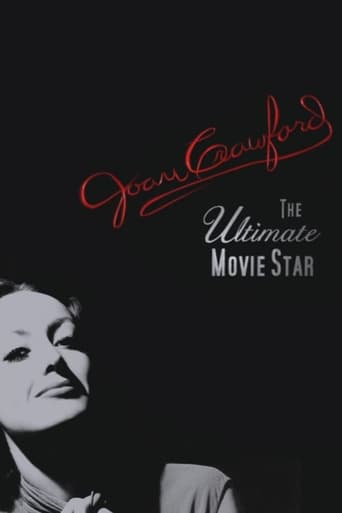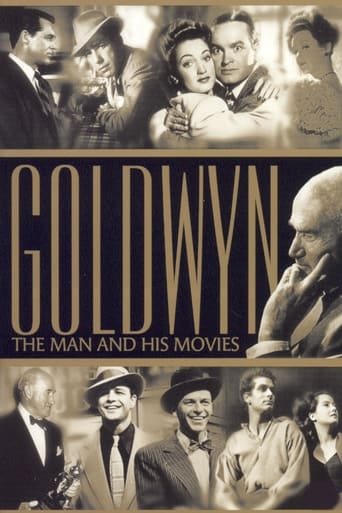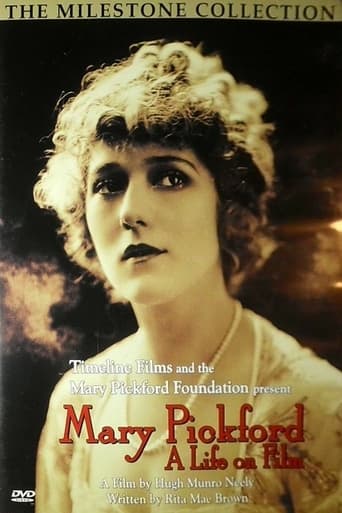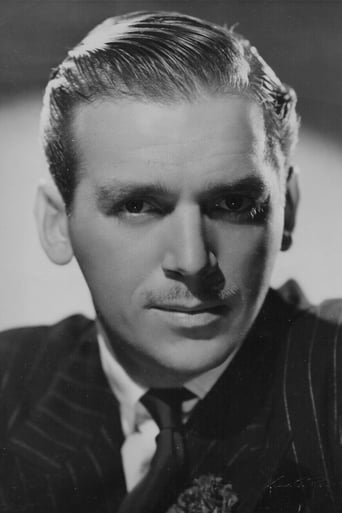
Douglas Fairbanks Jr.
Birthday: 1909-12-09 | Place of Birth: New York City, New York, USADouglas Elton Fairbanks Jr. (December 9, 1909 – May 7, 2000) was an American actor, producer, and decorated naval officer of World War II. He is best-known for starring in such films as The Prisoner of Zenda (1937), Gunga Din (1939), and The Corsican Brothers (1941). The son of Douglas Fairbanks and stepson of Mary Pickford, his first marriage was to actress Joan Crawford. In 1969, he was inducted into the Hall of Fame of the International Best Dressed List. The moving image collection of Douglas Fairbanks Jr., held at the Academy Film Archive, includes over 90 reels of home movies. [biography (excerpted) from Wikipedia]
Known For
Acting
Role
as Self (archive footage)
as Self (archive footage)
as Self
as Self
as Self (archive footage)
as Self - Host
as Eli Camperdown
as Eli Camperdown
as Self
as Self / Narrator
as Self - Host
as Self - Host
as Self - Host
as Edward Charles Wanderley
as Malcolm Philpott
as Narrator
as Narrator
as Rex Willoughby
as Millionaire
as Narrator
as Mr. Otis
as Self - Epilogue (uncredited)
